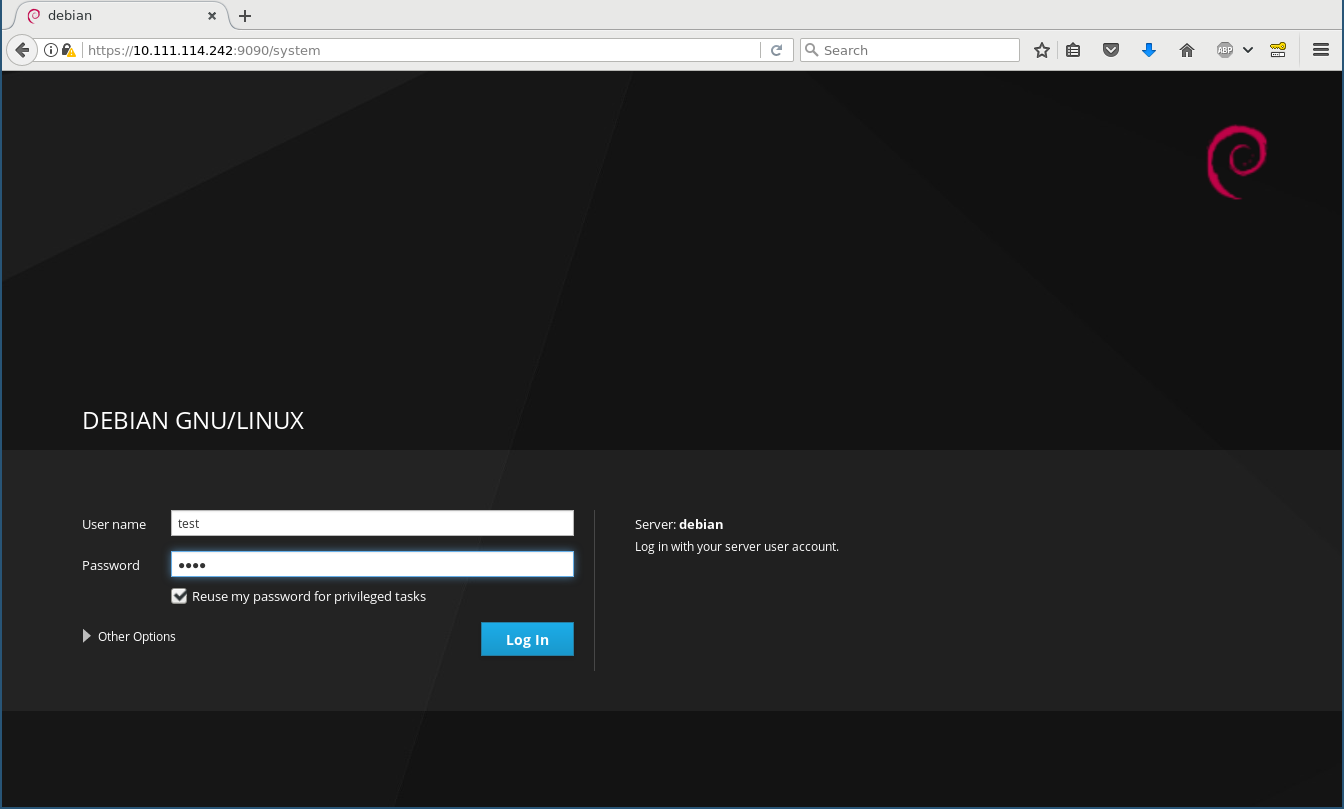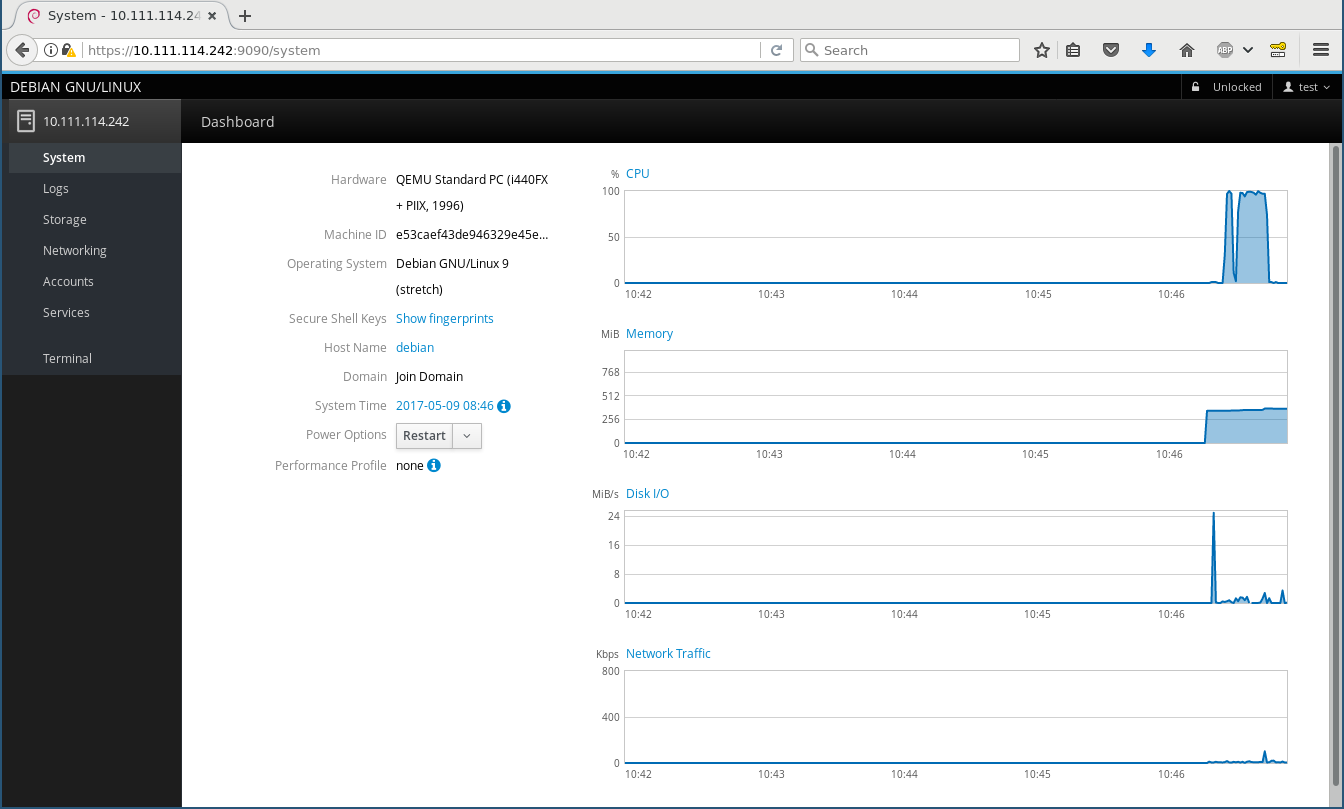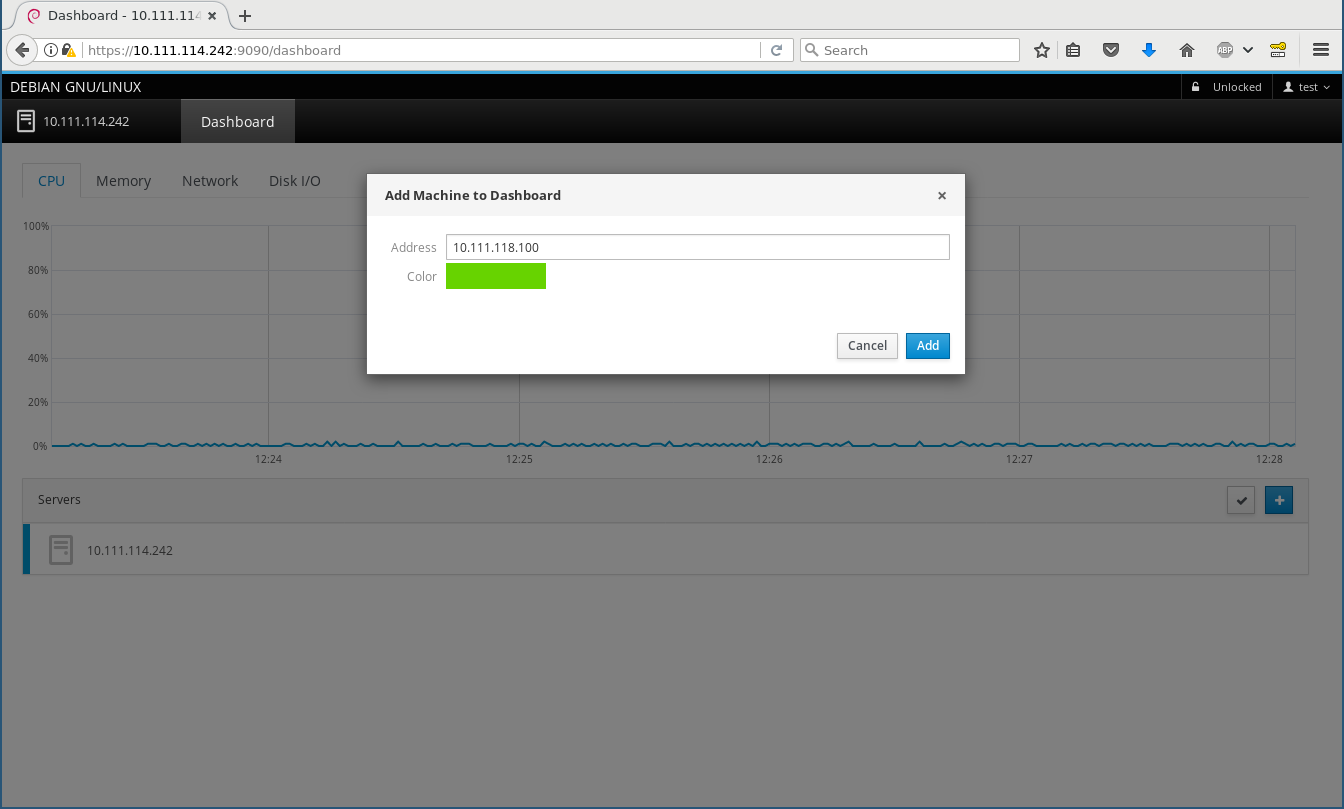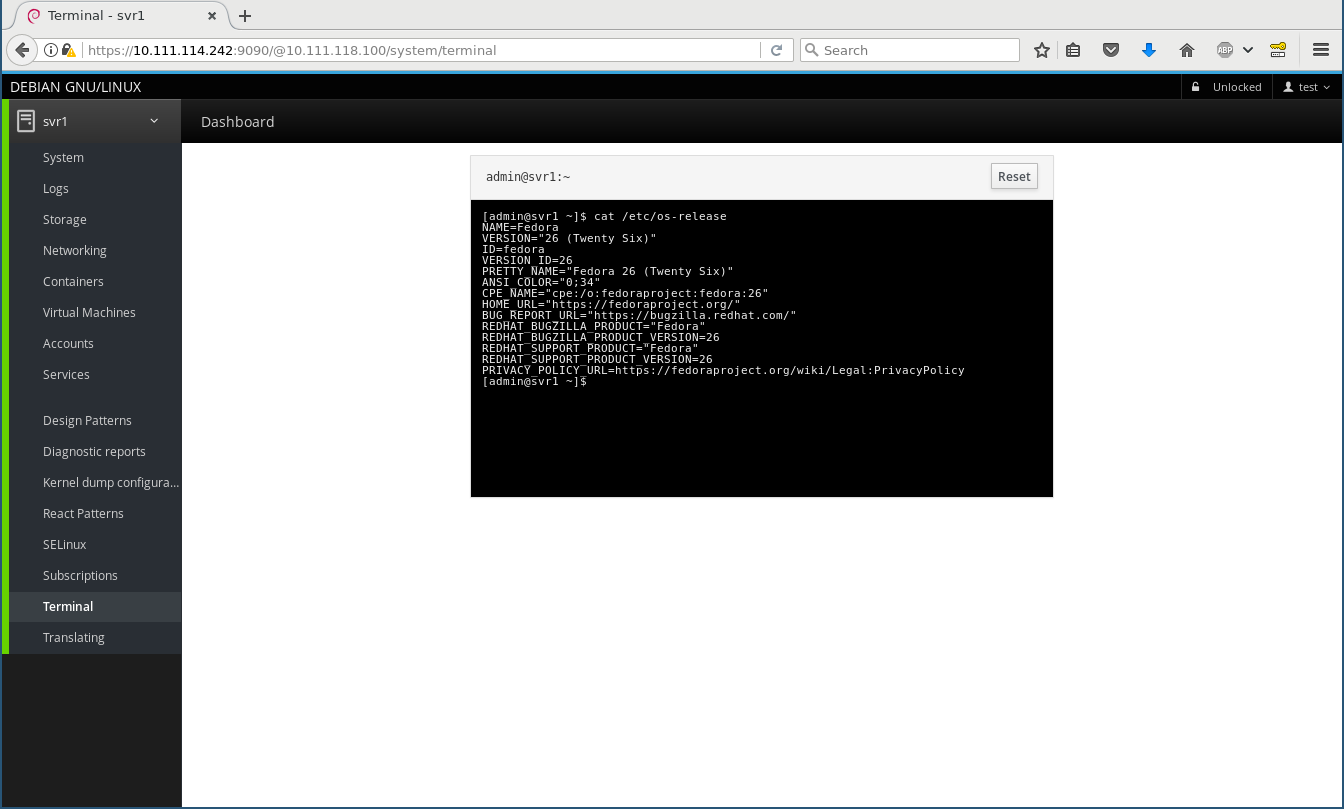Review:
Kleptopia, by Tom Burgis
| Publisher: |
Harper |
| Copyright: |
2020 |
| Printing: |
September 2021 |
| ISBN: |
0-06-323613-3 |
| Format: |
Kindle |
| Pages: |
340 |
Kleptopia is a nonfiction chronicle of international financial
corruption and money laundering told via a focus on the former Soviet
republic of Kazakhstan. The primary characters are a British banker named
Nigel Wilkins (at the start of the story, the head of compliance in the
London office of the Swiss bank BSI), a group of businessmen from
Kyrgyzstan and Uzbekistan called the Trio, and a Kazakh oligarch and later
political dissident named Mukhtar Ablyazov, although the story spreads
beyond them. It is partly a detailed example of what money laundering
looks like in practice: where the money comes from, who has it, what they
want to do with it, who they hire to move it, and what countries welcome
it. But it is more broadly about the use of politics for financial
plunder, and what stories we tell about the results.
The title of this book feels a bit like clickbait, and I was worried it
would be mostly opinion and policy discussion. It is the exact opposite.
Tom Burgis is an investigations correspondent at the
Financial
Times, and this is a detailed piece of investigative journalism (backed
by a hundred pages of notes and detailed attributions). Burgis has a
clear viewpoint and expresses it when it seems relevant, but the vast
majority of this book is the sort of specific account of people, dates,
times, and events that one would expect from a full-length investigative
magazine piece, except maintained at book length.
Even aside from the subject matter, I love that writing like this exists.
It's often best in magazines, newspapers, and on-line articles for
timeliness, since book publishing is slow, but some subjects require the
length of a book. Burgis is the sort of reporter who travels the world to
meet with sources in person, and who, before publication, presents his
conclusions to everyone mentioned for their rebuttals (many of which are
summarized or quoted in detail in the notes so that the reader can draw
their own credibility conclusions). Whether or not one agrees with his
specific conclusions or emphasis, we need more of this sort of journalism
in the world.
I knew essentially nothing about Kazakhstan or its politics before reading
this book. I also had not appreciated the degree to which exploitation of
natural resources is the original source of the money for international
money laundering. In both Kazakhstan and Africa (a secondary setting for
this book), people get rich largely because of things dug or pumped out of
the ground. That money, predictably, does not go to the people doing the
hard work of digging and pumping, who work in appalling conditions and are
put down with violence if they try to force change. (In one chapter,
Burgis tells the harrowing and nightmarish story of Roza Tuletayeva, a
striker at the oil field in Zhanaozen.) It's gathered up by the already
rich and politically connected, who gained control of former state
facilities during the post-Soviet collapse and then maintained their power
with violence and corruption. And once they have money, they try to
convert it into holdings in European banks, London real estate, and
western corporations.
The primary thing I will remember from this book is the degree to which
oligarchs rely on being able to move between two systems. They make their
money in unstable or authoritarian countries with high degrees of
political corruption and violence, and are adept at navigating that world
(although sometimes it turns on them; more on that in a moment). But they
don't want to leave their money in that world. Someone else could betray
them, undermine them, or gain the ear of the local dictator. They rely
instead on western countries with strong property rights, stable financial
institutions, and vast legal systems devoted to protecting the wealth of
people who are already rich. In essence, they play both rule sets against
each other: make money through techniques that would be illegal in London,
and then move their money to London so that the British government and
legal system will protect it against others who are trying to do the same.
What they get out of this is obvious. What London gets out of it is
another theme of this book: it's a way for a lot of people to share the
wealth without doing any of the crimes. Money laundering is a very lossy
activity. Lots of money falls out of the cart along the way, where it is
happily scooped up by bankers, lawyers, accountants, public relations
consultants, and the rest of the vast machinery of theoretically
legitimate business. Everyone wins, except the people the money is being
stolen from in the first place. (And the planet; Burgis doesn't talk much
about the environment, but I found the image of one-way extraction of
irreplaceable natural resources haunting and disturbing.)
Donald Trump does make an appearance here, although not as significant of
one as I was expecting given the prominent appearance of Trump crony Felix
Sater. Trump is part of the machinery that allows oligarch money to
become legally-protected business investment, but it's also clear from
Burgis's telling that he is (at least among the money flows Burgis is
focused on) a second-tier player with delusions of grandeur. He's more
notable for his political acumen and ability to craft media stories than
his money-laundering skills.
The story-telling is a third theme of this book. The electorate of the
societies into which oligarchs try to move their money aren't fond of
crime, mob activity, political corruption, or authoritarian exploitation
of workers. If public opinion turns sufficiently strongly against
specific oligarchs, the normally friendly mechanisms of law and business
regulation may have to take action. The primary defense of laundered
money is hiding its origins sufficiently that it's too hard to investigate
or explain to a jury, but there are limits to how completely the money can
hide given that oligarchs still want to spend it. They need to tell a
story about how they are modernizing businessmen, aghast at the lingering
poor conditions of their home countries but working earnestly to slowly
improve them. And they need to defend those stories against people who
might try to draw a clearer link between them and criminal activity.
The competing stories between dissident oligarch Mukhtar Ablyazov and the
Kazakh government led by Nursultan Nazarbayev are a centerpiece of this
book. Ablyazov is in some sense a hero of the story, someone who
attempted to expose the corruption of Nazerbayev's government and was
jailed by Nazerbayev for corruption in retaliation. But Burgis makes
clear the tricky fact that Ablyazov likely is guilty of at least some (and
possibly a lot) of the money laundering of which he was accused. It's
a great illustration of the perils of simple good or bad labels when
trying to understand this world from the outside. All of these men are
playing similar games, and all of them are trying to tell stories where
they are heroes and their opponents are corrupt thieves. And yet, there
is not a moral equivalency. Ablyazov is not a good person, but what
Nazerbayev attempted to do to his family is appalling, far worse than
anything Ablyazov did, and the stories about Ablyazov that have prevailed
to date in British courts are not an attempt to reach the truth.
The major complaint that I have about
Kleptopia is that this is a
highly complex story with a large number of characters, but Burgis doesn't
tell it in chronological order. He jumps forward and backward in time to
introduce new angles of the story, and I'm not sure that was the right
structural choice. Maybe a more linear story would have been even more
confusing, but I got lost in the chronology at several points. Be
prepared to put in some work as a reader in keeping the timeline straight.
I also have to warn that this is not in any way a hopeful book. Burgis
introduces Nigel Wilkins and his quixotic quest to expose the money
laundering activities of European banks early in the book. In a novel
that would set up a happy ending in which Wilkins brings down the edifice,
or at least substantial portions of it. We do not live in a novel, sadly.
Kleptopia is not purely depressing, but by and large the bad guys
win. This is not a history of corruption that we've exposed and overcome.
It's a chronicle of a problem that is getting worse, and that the US and
British governments are failing to address.
Burgis's publishers successfully defended a libel suit in British courts
brought by the Eurasian Natural Resources Corporation, the primary
corporate entity of the Trio who are the primary villains of this book.
I obviously haven't done my own independent research, but after reading
this book, including the thorough notes, this looks to me like the type of
libel suit that should serve as an advertisement for its target.
I can't say I enjoyed reading this, particularly at the end when the arc
becomes clear. Understanding how little governments and institutions care
about stopping money laundering is not a pleasant experience. But it's an
important book, well and vividly told (except for the chronology), and
grounded in solid investigative journalism. Recommended; I'm glad I read
it.
Rating: 7 out of 10


 I probably would have to get a new motherboard for my desktop probably in a year or two as quite a few motherboards also have WiFi (WiFi 6 ?) think on the southbridge. I at least would have a look in new year and know more as to what s been happening. For last at least 2-3 years there has been a rumor which has been confirmed time and again that the Tata Group has been in talks with multiple vendors to set chip fabrication and testing business but to date they haven t been able to find one. They do keep on giving press conferences about the
I probably would have to get a new motherboard for my desktop probably in a year or two as quite a few motherboards also have WiFi (WiFi 6 ?) think on the southbridge. I at least would have a look in new year and know more as to what s been happening. For last at least 2-3 years there has been a rumor which has been confirmed time and again that the Tata Group has been in talks with multiple vendors to set chip fabrication and testing business but to date they haven t been able to find one. They do keep on giving press conferences about the 


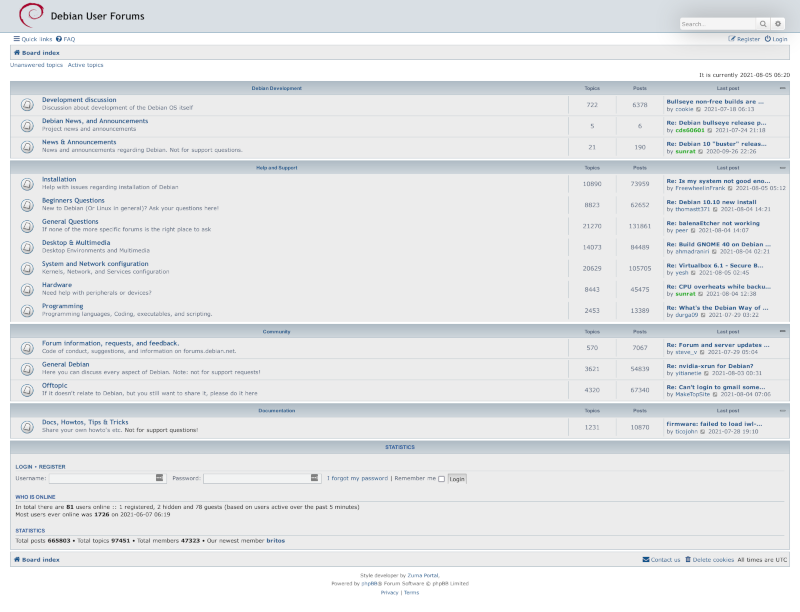 Several issues were brought before the Debian Community team regarding responsiveness, tone, and needed software updates to
Several issues were brought before the Debian Community team regarding responsiveness, tone, and needed software updates to  UK railway map with operators
UK railway map with operators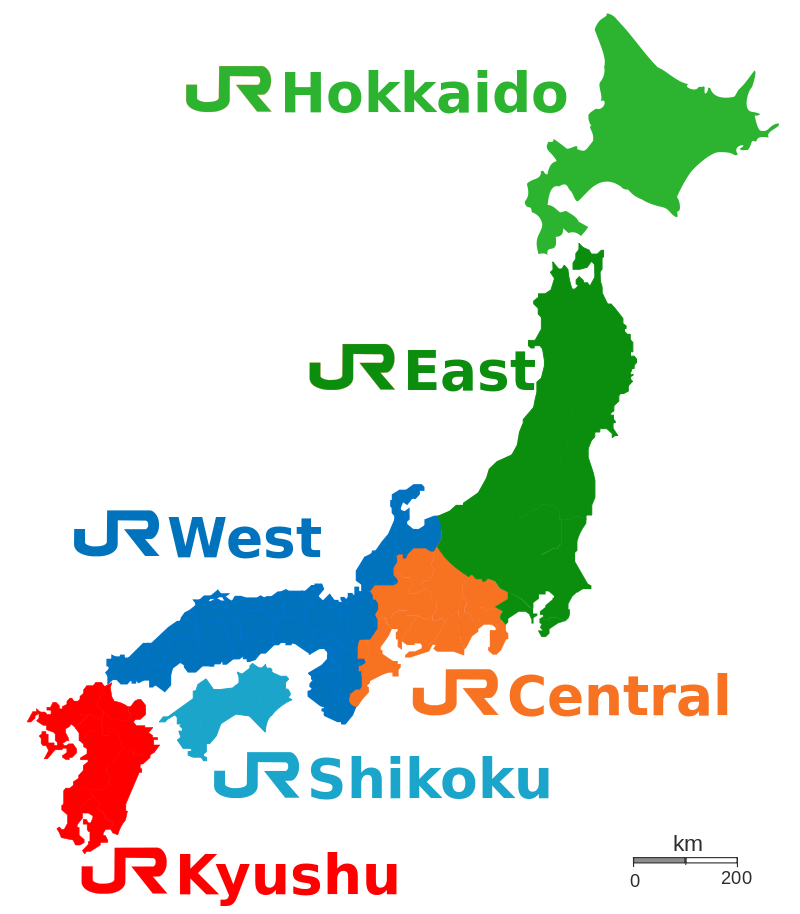 Railway map of Japan with private ownership courtesy Wikimedia commons
Railway map of Japan with private ownership courtesy Wikimedia commons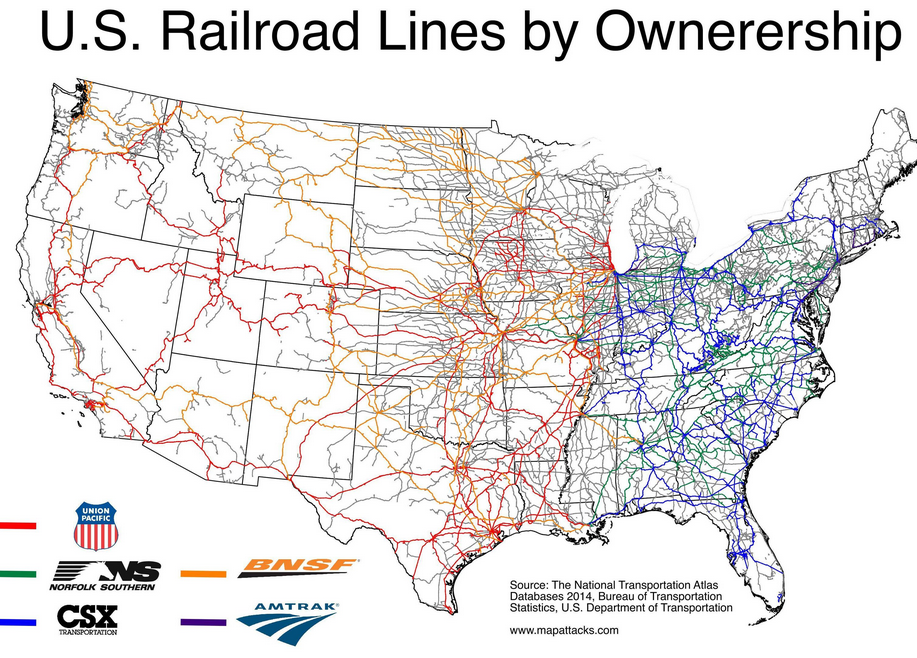



 The news media deliberately over-rates social media
News media outlets, including TV, radio and print, gain a significant benefit crowd-sourcing live information, free of charge, from the public on social media. It is only logical that they will cheer on social media sites and give them regular attention. Have you noticed that whenever Facebook's publicity department makes an announcement, the media are quick to publish it ahead of more significant stories about social or economic issues that impact our lives? Why do you think the media puts Facebook up on a podium like this, ahead of all other industries, if the media aren't getting something out of it too?
The tail doesn't wag the dog
One particular example is the news media's fascination with Donald Trump's Twitter account. Some people have gone as far as suggesting that this billionaire could have simply parked his jet and spent the whole of 2016 at one of his golf courses sending tweets and he would have won the presidency anyway. Suggesting that Trump's campaign revolved entirely around Twitter is like suggesting the tail wags the dog.
The reality is different: Trump has been a prominent public figure for decades, both in the business and entertainment world. During his presidential campaign, he
The news media deliberately over-rates social media
News media outlets, including TV, radio and print, gain a significant benefit crowd-sourcing live information, free of charge, from the public on social media. It is only logical that they will cheer on social media sites and give them regular attention. Have you noticed that whenever Facebook's publicity department makes an announcement, the media are quick to publish it ahead of more significant stories about social or economic issues that impact our lives? Why do you think the media puts Facebook up on a podium like this, ahead of all other industries, if the media aren't getting something out of it too?
The tail doesn't wag the dog
One particular example is the news media's fascination with Donald Trump's Twitter account. Some people have gone as far as suggesting that this billionaire could have simply parked his jet and spent the whole of 2016 at one of his golf courses sending tweets and he would have won the presidency anyway. Suggesting that Trump's campaign revolved entirely around Twitter is like suggesting the tail wags the dog.
The reality is different: Trump has been a prominent public figure for decades, both in the business and entertainment world. During his presidential campaign, he 
